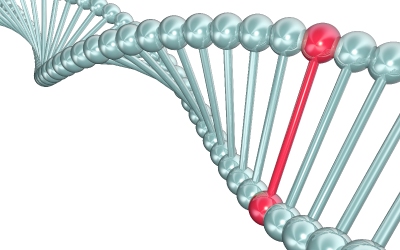Cancer: Is it Possible To Slow Mutations?
A new study led by MIT has discovered that some mutations in the genome of cancer cells can actually slow down or stop. Surprising researchers, this study has shown that cancer may not be a sequence of inevitable driver events, as first thought, but actually a delicate balance between drivers and passengers. This means that spontaneous remissions or remissions which are triggered by medications could be mediated by deleterious passenger mutations. The average cancer cell has a genome which has thousands of mutations and mutated genes within it – however, only a handful of these mutated genes are drivers which lead to an uncontrolled growth which develops into a tumour. Until the study, not much analysis was done into the passenger mutations, as it was thought these didn’t impact the progression of the cancer. However, these passenger mutations aren’t simply surplus genes. In sufficient numbers, they can slow down, or stop, the growth of cancer cells.
Passenger mutations, on their own, have little effect compared to drivers, but they have a profound effect when grouped together in large quantities. This offers new hope for potential cancer-fighting drugs in the future. Researchers have created a computer model which stimulates the evolutionary growth of cancer to test this theory, during which they found that during the long periods between acquiring new driver mutations, these cells were accumulating passenger mutations. There are several drugs in development which target the effect of chaperone proteins in cancer, which are aiming to suppress the driver mutations. But researchers think that another option, in developing drugs which target the chaperoning process by encouraging the suppressive effect of passenger mutations. They are now comparing cells with identical driver mutations, but different passenger mutations, to see which have the best effect on the growth of cells.


Comments are closed.